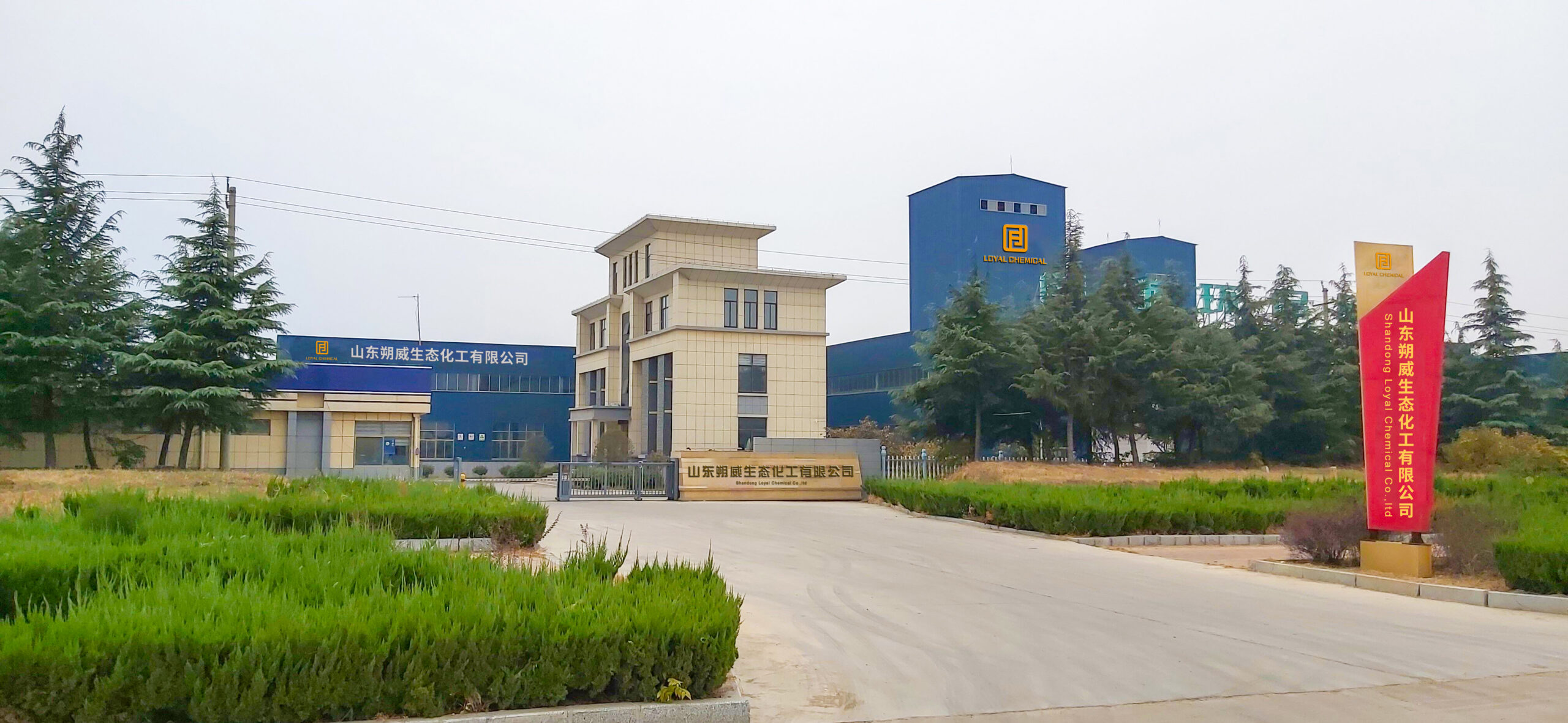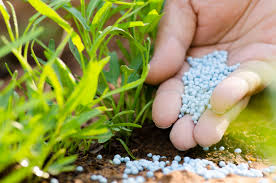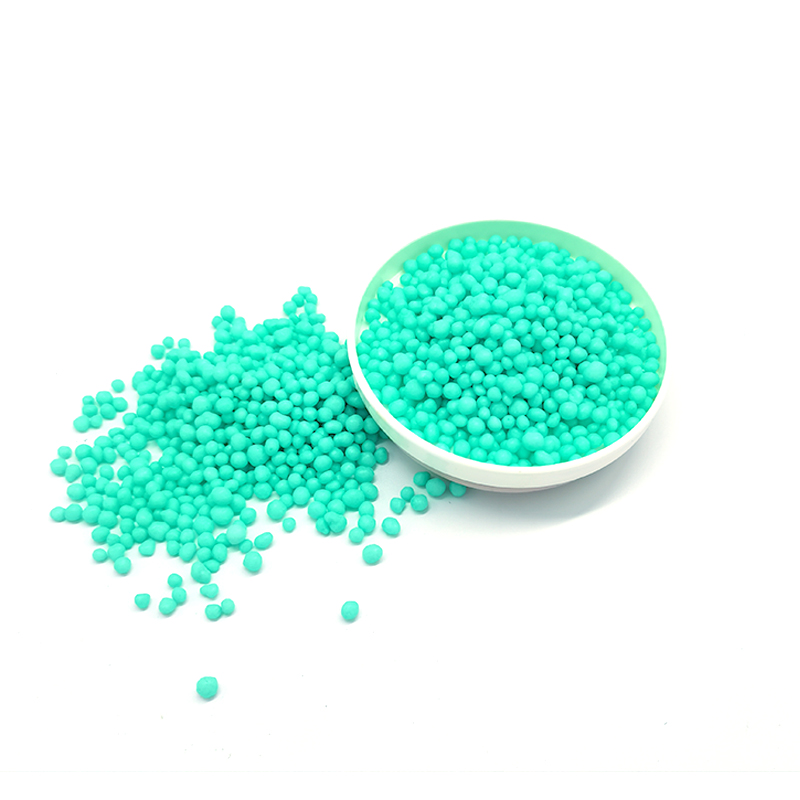Introduction
As the world’s population continues to grow, global agricultural fertiliser companies will be tasked with increasing food production. The business environment in 2024 will require these companies to contribute to food security while also ensuring the sustainability of our agriculture industry.
The demand for increased agricultural productivity stems from several global issues including population growth, climate change, and sustainable development. According to Dr Emily Norton, head of Agricultural Studies at Greenvale University, ‘Modern agriculture is dependent on novel fertiliser technologies with the capacity to improve crop yields while doing so sustainably and efficiently.’
They are helping to develop technologies and practices that will change the face of global agriculture in the coming years: the largest firms in agricultural fertilisers are forging a new path forward that not only supports higher food production, but creates fertiliser products that improve soil fertility and consider our environment – the foundation for a more food-secure world in 2024 and beyond.
This base role makes it quite clear why we need to understand how they contribute to food supply chains and the wider implications for global food security. As we delve further down in each of these company profiles and their contributions, it becomes apparent that these companies are not just affecting the plants in the fields that their fertiliser does the trick on but rather the same overall global market.
SHANDONG LOYAL CHEMICAL CO.,LTD: Pioneering Sustainable Agriculture
SHANDONG LOYAL CHEMICAL CO.,LTD is an outstanding one of agricultural fertilizer factory. Shandong loyal chemical company have a mission aiming at innovation and environmental friendly,the company have always been leaded the development of the green fertilisers,fertilisers greatly improve food production but do not damage the planet.
Its product line includes slow-release compounds, biological fertilisers, and other organic-based mixtures that reduce runoff and improve the efficiency of nutrient uptake by crop plants. The company’s fertilisers both enhance crop yields and improve soil quality and, without frequent application, they translate into a lower environmental footprint.
In praising SHANDONG LOYAL’s approach, Dr Hans Becker, Head of the Institute of Agricultural and Nutrient Science at the University of Hohenheim, Germany, a leading agricultural scientist of 40 years, said: Their approach of keeping product development and process consistency along the lifecycle to embed sustainability principle shows that achieving high agricultural productivity while meeting strict environmental requirements can be compatible and has become a role model within the industry.
The effect of SHANDONG LOYAL CHEMICAL CO.,LTD’s innovations has been especially striking in areas lacking comfortable farming conditions, where their fertilisers have allowed farmers to cultivate more acreage using fewer supplies and have resulted in significant increases in local food production. SHANDONG LOYAL CHEMICAL CO.,LTD is proof of how such companies play a vital role not only in domestic markets but also for improving food security on a global scale.
Through the inherent expectation of stability and efficiency they help to enforce and embody in their stabilisation products, SHANDONG LOYAL CHEMICAL CO.,LTD intervenes in the global agricultural field. By doing so, they not only meet immediate materials demands but also contribute to continuous and lasting production on a sustainable planet, which in turn are passed on to our descendants.

Spotlight on Other Leading Companies in the Agricultural Fertilizer Industry
SHANDONG LOYAL CHEMICAL CO.,LTD is a representative leader in green agriculture, but other corporate shareholders in agricultural fertilization also make their immense contributions in thriving the development of global food production in 2024. In the following three years, you should know three more representatives in the field of expanding global food production through more advanced fertilisation technologies.
NutriGrow Corp promises that its product – the nutrient delivery system that ‘brings the life in locks, locks in life’ – will ‘deliver the right nutrients to plants, right when they need it for maximum yield potential’, on ‘customised fertiliser blends that fit specific crop needs’ that would increase yield by 30 per cent. Through tying the high ‘life’ content of locks to effective nutrient delivery – a key technical hurdle that leads to maximum yield potential – it suggests that their ‘multi-nutrient complex formulation’ represents advanced nutrition for fine-tuning plant needs, which is characteristic of precision agriculture.
AgriMax Solutions is developing bio-fertilisers that play a role in soil regeneration and crop development. The fertilisers draw on natural processes and beneficial microorganisms to enhance soil structure and fertility so that crops gain resilience to pests and diseases. AgriMax’s products are yet another example of how leveraging biotechnology for crop management has enhanced cropping techniques.
TerraFertile Ltd stands out for the breadth of its geographic base and dedication to finding fertilisers that are safer for the environment and human health. They have invested in research into non-toxic compounds to create novel products that supply nutrients to plants while avoiding harmful chemical residues in food products.
Each of these companies – with their own focus on sustainability and technology that leads to modern fertiliser – is part of the future of agriculture, improving current-day and future food supply by contributing to global food security. Regardless of how they’re made, these efforts by agricultural fertiliser companies are essential to feeding the world today and tomorrow.
Technological Innovations Driving the Fertilizer Industry Forward
In 2024, fertiliser companies are not only suppliers of plant nutrition – they are leaders at the cutting edge of technology, improving the efficiency of fertilisers and revolutionising agricultural production for a more sustainable food future.
A big advance has been the invention of ‘smart fertilisers’ – products that release nutrients when plants need them, thus enhancing nutrient uptake efficiency and reducing waste. Both these examples of precision agriculture aim to do more with less, contributing to food security while minimising crop footprints.
A second innovation relates to the use of sensors integrated with global positioning systems (GPS) and the Internet of Things (IoT). For instance, TerraFertile Ltd has used this sophisticated technology to monitor real-time soil conditions and crop health, leading to the efficient application of fertilisers so that they are added only when, where and as necessary, to ensure crop performance, and resource-use efficiency.
Moreover, the application of fertilisers is also changing through the use of AI and machine learning. Data from satellite images and field sensors enters into models that learn to predict the ideal fertiliser type and time for application, a process that could support targeted application, preventing excessive fertilisation and the risks associated with it.
The serum collecting has enabled us to increase yield and enhance environmental sustainability Dr Susan Karlin, a sustainability specialist, points to new high-tech developments in fertiliser production and application: ‘This will be a game-changer, elevating efficiency and sustainability to entirely new levels, an absolute necessity in feeding a swelling global population under an ever more challenging environmental regime.’
These technological advancements are empowering the fertiliser sector to fulfil its vital role in the worldwide quest for food security and a sustainable environment, and underscore the industry’s refusal to be a relic of the past in the face of a rapidly evolving landscape that’s asking much more of agriculture than it has the means to give.

Market Trends and Consumer Demand in Agricultural Fertilizers
The use of synthetic fertilisers in industrial farming techniques is no longer accepted by many consumers who are actively seeking organic and green products instead. Market research firms have produced figures about an explosive expansion in the demand for organic fertilisers over the next decade. Buyers not only demand environmentally-friendly products, but also appreciates soil-friendly fertilisers which are consequently considered to add higher nutritional value to the food we produce.
As a reaction to a growing number of consumers, companies such as AgriMax Solutions are diversifying their product ranges to include bio-fertilisers and organic compounds that target this new market segment – complying with the strict organic farming standards demanded for any input utilised in organic crop production, and providing a much needed substitute to synthetic alternatives.
Meanwhile, market factors are being pushed by global trends towards sustaining agriculture, such that governments and regulators are rewarding decreased carbon footprints and better soil health,which in turn results in a more sustainable agricultural ecosystem. All of this creates a regulatory environment that encourages agricultural fertiliser companies to innovate towards the production of products that match the goal posts.
Furthermore, these technological advancements are shaping consumer demands as farmers look for solutions that provide nutrition to crops, but also integrates seamlessly with advanced farming systems such as using fertilisers that can be automatically applied to the crop.
With these trends, it is clear how the companies providing agricultural fertilisers will not simply react to market trends, but actually be proactive drivers of the future of agriculture. The efforts our members are making to deliver the fertilisers the world needs today while also contributing meaningfully to future sustainability goals will allow our industry to achieve this so-called ‘nutrient balance’ for healthy global food production and environmental stewardship.
Conclusion
Hereby we finished with our overview of leading planet’s fertilizer manufacture companies that supply quality fertilizers to the whole world market and help to provide plenty of food for growing number of people annually while in 2024. New inventions and sustainable methodologies developed and exploited by companies such as SHANDONG LOYAL CHEMICAL CO.,LTD and its strongest competitors are not only increasing yields of crops; they are necessary for building and ensuring continuity of planet’s food supplies.
Their stories show that this process of innovation, sustainability and navigating market attitudes has positioned them strategically at the heart of answering some of our most pressing challenges today: feeding the world in a more environmentally positive and efficient way, while responding to market demands. As Dr Emily Norton notes: ‘Because fertiliser companies must continuously invest in innovative research and development to substitute natural resources to make more crops and food from less land, they have an important role to play in the development of agriculture that is more sustainable, productive and efficient fed alongside our increasingly limited resources.
With the future of agricultural fertiliser companies dependent on their ability to competently negotiate a complex regulatory framework and continue to innovate in response to technological developments, while also meeting the requirements of a more ethically and environmentally aware consumer base, the agricultural fertiliser industry will play a key role in the quest to provide sustainable food to the world’s growing population.
Overall, with 2024 around the corner, it is hardly an understatement to say that these companies are contributing immensely to global food security. They are catapulting the world of agronomy to the forefront of a new agricultural revolution; one that is tailor-made to our future, one grain of fertiliser at a time and with every transaction that reflects the company’s long-standing commitment to innovation, environmental consciousness and a market awareness – all of which are capable of ushering the sector into the future.
Here are some academic references related to agricultural fertilizer companies:
- Fertilizer Use, Soil Health, and Agricultural Sustainability – This study discusses the essential role of mineral fertilizers in maintaining soil health and sustainability in agriculture. It emphasizes the importance of balanced fertilizer use to enhance agricultural productivity while conserving soil health and ecosystem services .
- Machine learning reveals huge potential benefits of sustainable fertilizer use – This article highlights how big data and machine learning can optimize fertilizer use, improving sustainability and reducing environmental impacts like ammonia emissions from agricultural operations.
- Recent advances in nitrogen and nano-nitrogen fertilizers for sustainable crop production – This review covers the advancements in nano-fertilizers, which offer improved nutrient efficiency and reduced environmental risks compared to traditional fertilizers.







